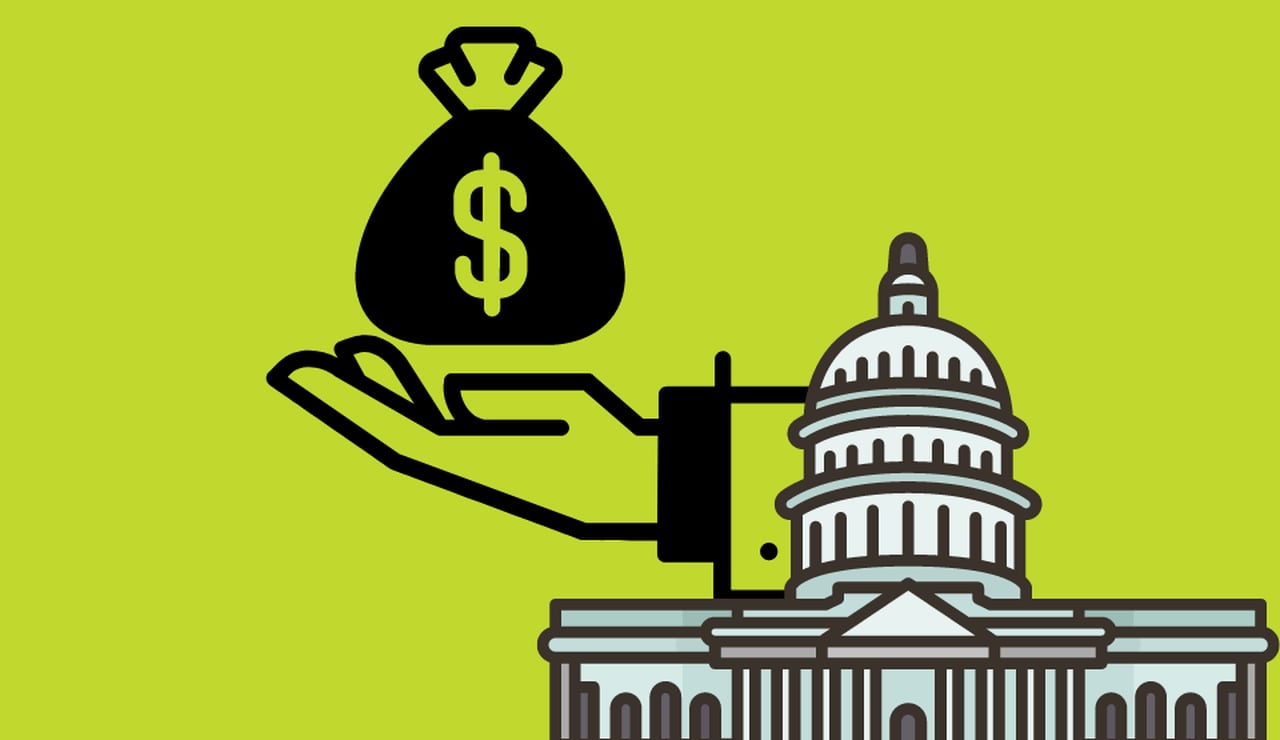Conservatives resistances to tax credit expansion adds to tensions on immigration
House lawmakers have sent a $78 billion bipartisan bill expanding the child tax credit to the Senate. If signed into law, the legislation would provide a major boost for low-income families in the U.S.
The Tax Relief for American Families and Workers Act of 2024 , incrementally enhances the child tax credit over three years, boosting it from $1,600 per child to $1,800 for 2023 tax returns and up to $2,000 by 2025. It passed the House by a vote of 357 to 70, with more support from Democrats than Republicans.
Many Republican lawmakers strongly opposed the legislation, claiming the expanded child tax credit would provide new benefits to undocumented immigrants.
“Little kids don’t get the checks sent to them even though they have a Social Security number. But their parents, who are here illegally, do,” Pennsylvania Republican Rep. Scott Perry said.
The legislation would only bolster existing benefits for families already receiving the credits, however. Only children with social security numbers can benefit from the bill due to a provision that has been in effect since 2017.
Conservative opposition to the tax relief coincides with opposition to an emerging bipartisan immigration bill that promises to turn away migrants arriving at the southern border. The deal expedites the asylum process and grants the Department of Homeland Security permissions to shut down the southern border if migrant encounters — in which migrants are immediately expelled from or detained in the US — reach 4,000 a day or if migrant crossings exceed 5,000 per day in a week’s time. Migrants who attempt to cross the border twice while it is closed would be banned from entering the U.S. for one year under the law.
“If the goal of this bill is to help taxpaying families offset the cost of raising children, then we shouldn’t ignore the hundreds of thousands of taxpaying families headed by undocumented immigrants,” Nia Johnson, a policy expert at Next100 said. Next100 is founded by progressive think tank The Century Foundation. “In 2021, undocumented households paid $30.8 billion in federal, state and local taxes that help pave our roads, fund our schools, and feed people in need. Excluding immigrant families from the expanded child tax credit would leave some of our most vulnerable children at risk despite their parents contributions to our communities and our country” Johnson said.
Progressive lawmakers expressed concerns the tax bill doesn’t go far enough to expand the tax credit and some have criticized the bill for giving big breaks to corporations. The legislation, negotiated between Republican Rep. Jason Smith, chair of the House Ways and Means Committee, and Democratic Sen. Ron Wyden, chair of the Senate Ways and Means Committee, is also set up to extend tax breaks for businesses through 2025.
Businesses could deduct American research and development investments under the legislation. It also eliminates double-taxation for businesses and workers with a “footprint” in both Taiwan and the U.S.
“I cannot vote for a deal that so lopsidedly benefits big corporations while failing to ensure a substantial tax cut to middle- and working-class families,” Democratic Rep. Rosa DeLauro said. “The deal is inequitable at a time when we’ve seen a rise in inequality.”
The credit falls short of pandemic-era credits, when families saw tax credits as high as $3,600 but experts say it could still be a major boost for families. The Tax Policy Center, a joint venture of two research nonprofits, estimates households will see an average tax cut of $680 in the first year. The Center on Budget and Policy Priorities, a research and policy institute focused on economic issues, estimates the bill could lift up to 400,000 kids out of poverty in the first year alone, and half a million children by the time it goes into effect.
